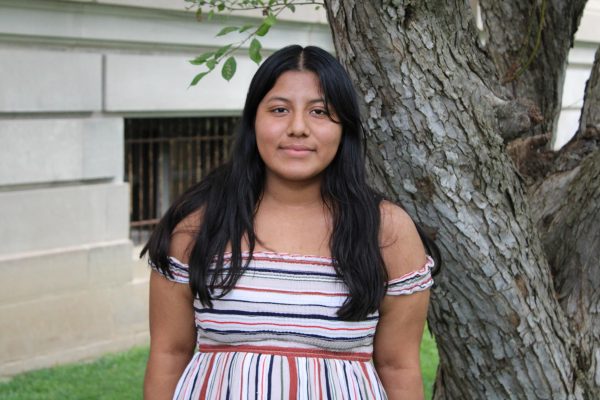IB fosters critical thinking, more holistic approach to learning
May 16, 2018
There is no ubiquitously applicable answer for students deciding between taking Advanced Placement (AP) and International Baccalaureate (IB) courses. The decision will always come down to what each student wants out of their high school education. That being said, I’ve had a very positive experience with IB and believe that there are many advantages to the IB program not found (in my admittedly limited experience) in AP.
The primary reason I stand by my decision to join IB is the overarching philosophy of the program. In IB, classes are structured to teach students how to think critically and express their thoughts in writing, while also learning the relevant content. The final exams reflect this philosophy, mostly consisting of questions that require critical thought rather than rote memorization. Paper 1 of the science exam is the only IB test that includes multiple choice questions.
This emphasis on critical thinking is reflected not only in the final exams, but in the projects, discussions and coursework required by each class. Nowhere, however, is the emphasis more clear than in Theory of Knowledge (TOK). IB describes TOK as a class that “asks students to reflect on the nature of knowledge, and on how we know what we claim to know.” The class, I believe, is one of the most valuable classes a student can take in high school. While there is something to be said for the broader perspective that inevitably results from going through TOK, its real value comes from how it teaches you to think. In the class, students are taught to analyze and critique other perspectives, and to rationally synthesize their own beliefs based on their reading and discussions. Learning how to do that, to me, is significantly more important than learning enough content to pass an exam at the end of the year.
None of this is to say that taking IB will be without its difficulties. But if IB starts to get overwhelming, there is always a community to rely on. Since IB students take nearly all of their classes with the same group of people, it can become almost like a family. The teachers too are a part of the supportive community. Since the class sizes of IB tend to be small, it’s easier to rely on teachers for support and they are generally more than happy to provide it.
It is true that IB imposes a schedule on students that can be at times overly restrictive, and I strongly believe that if taking IB would stop you from taking the classes that you’re extremely passionate about, you should choose to follow your interests rather than take IB. But if this isn’t your case, you should not be immediately swayed by the schedule, because it is not as rigid as it might seem. The only classes that you are not given any options about are TOK, English and History. You are able to choose which science class to take, which language to take, which elective (Psychology, ITGS, Music or Art) to take, and what level of math class to take. Additionally, the range of courses IB requires you to take show colleges that you are willing to challenge yourself in all subjects, which may not come across if you pick and choose AP classes.
Both IB and AP will challenge you academically, and both will look good on college applications. When choosing between the two, students should consider what they are hoping to get out of their high school education. IB was more in line with what I was looking for, and I’m confident that I made the right decision. Others who value a holistic approach to education with an emphasis on critical thinking should strongly consider taking IB.














